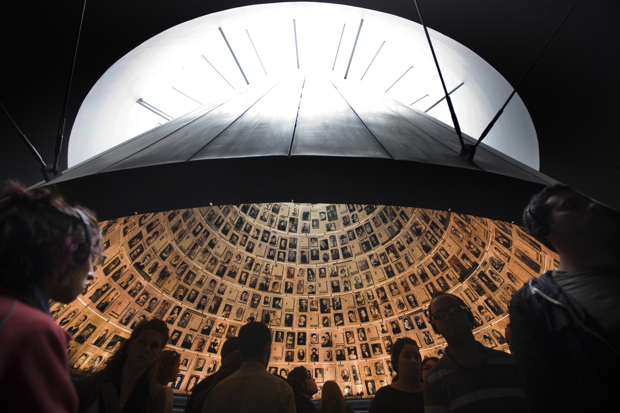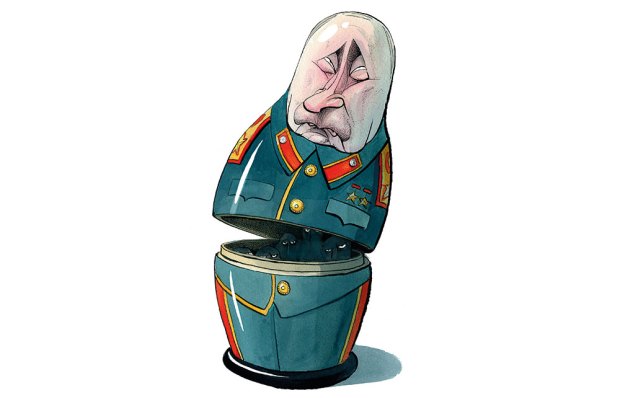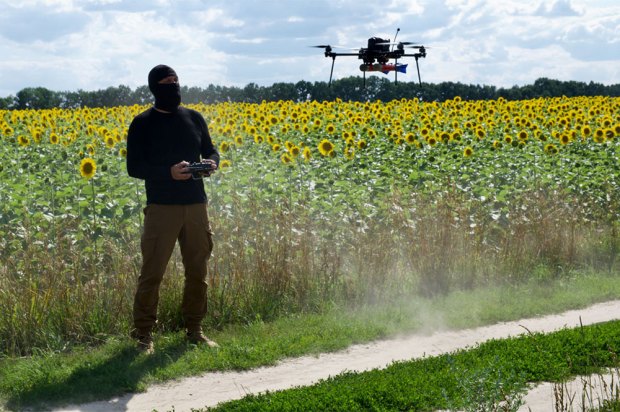Yad Vashem, Israel’s vast Holocaust memorial complex, dominates a hillside above Jerusalem, surrounded by bare rock and pines. Vast though it is, it manages to be both harrowing and restrained; both rooted in the times it commemorates and thoroughly modern — not just in style, but in the way it harnesses the most advanced technology to its cause.
As an enterprise, let alone a monument, it is impressive: a testament to the commitment of Israel and the survivors of Europe’s Jewry to ensure that what happened is never forgotten. But it aspires to more: to convey a sense of the communities that were destroyed and to memorialise, so far as possible, every last individual. The idea is to humanise those who had been stripped of their humanity: to establish each victim’s identity, to name every name.
To date, the archive at Yad Vashem has four and a half million names, many with dates of birth and death, even photographs. Two thirds of its holdings have been digitised and are available worldwide. No one accepts that the task is anything like complete.
The new museum at the centre of the complex is a model of what a modern museum can be. By the age of 25, practically every Israeli will have taken part in several group visits — as a pupil and as a military conscript. Such exposure to the catastrophe of the last century helps form the outlook of every citizen of Israel.
Contrast this with the Museum of the Gulag I chanced upon in Moscow a couple of years ago, its presence indicated only by a handwritten sign. Sparsely staffed by elderly volunteers and comprising just a few rooms, it was heroic proof of personal dedication. There was a faithful reconstruction of camp accommodation; fragments of letters and diaries, official documents authorising banishment or rehabilitation; the wooden spoons and food tins that have become, in their simplicity, icons of life in the Gulag.
It would be wrong to accuse post-Soviet Russia of doing nothing to remember the victims of communism. The works of Solzhenitsyn, including The Gulag Archipelago, are now prescribed reading in Russian schools. As President, Vladimir Putin — yes, even Putin — has spoken at gatherings to commemorate victims of Stalin’s purges. The 30th of October is designated the day of remembrance of political repressions. Local newspapers, and now websites, have regular features publishing appeals from people trying to trace missing friends and relatives.
And the admirable organisation, Memorial, works to identify burial sites and establish the fate of the missing. In 1990, it placed a monument — a huge boulder from the prison complex in the Solovetsky Islands — in front of the notorious Lubyanka in Moscow. But Memorial is a non-governmental organisation, and commemoration depends, all too often, on individual initiative.
It could justly be argued that integrating such a painful past takes time. Although the law establishing Yad Vashem was passed just five years after the foundation of the state of Israel, the project advanced only by stages and not without controversy into the extensive complex that exists today. There is a crucial difference, too, between the situation of Russia and Israel. As has been said epigrammatically: half of Russia did time in the camps; the other half sent them there. There is as yet no agreement on a common past.
But more than 20 years have elapsed since the collapse of the Soviet Union, and the number of those who passed through the country’s prison camp system is estimated at between 15 and 50 million. Is it not time for today’s Russians, and the Russian state in their name, to start incorporating that past trauma into their present? Regrettably, there is little evidence that this is happening.
Take Memorial. The bulk of its funding comes from Germany. It is not only the state that has denied funding; Russia’s oligarchs, it seems, would rather spend their wealth on foreign football teams, Fabergé eggs or English public school fees for their offspring. Contrast this with the long list of eminent Jews who helped fund Yad Vashem.
It is not just Russia, of course, that could usefully take the Holocaust memorial as a blueprint for commemorating a tragic past in a credible and modern way. Rwanda is one of the latest countries to ask Yad Vashem for advice on compiling an archive to remember its ugly recent history. But the scale of Israel’s project as it was conceived, the spirit in which the 700 or so staff work there, and their determination to continue until each and every victim has a name, all offer Russia a model of how it might proceed. For it is only when the state and its citizens restore the memory of their past, that Russia will become a fully normal country.
Got something to add? Join the discussion and comment below.
Get 10 issues for just $10
Subscribe to The Spectator Australia today for the next 10 magazine issues, plus full online access, for just $10.
You might disagree with half of it, but you’ll enjoy reading all of it. Try your first month for free, then just $2 a week for the remainder of your first year.














Comments
Don't miss out
Join the conversation with other Spectator Australia readers. Subscribe to leave a comment.
SUBSCRIBEAlready a subscriber? Log in